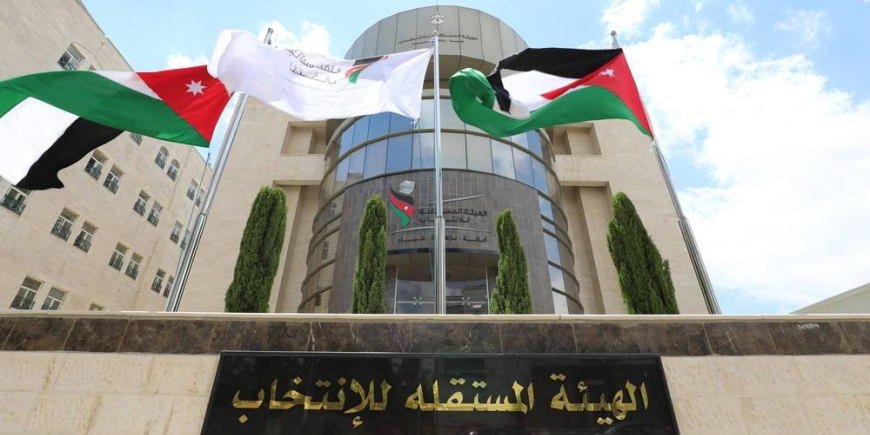AMMAN — A total of 31 political parties, representing 81.6 per cent of all Jordanian parties, have general economic programmes, while 7 parties, representing 18.4per cent, have more specific economic plans and visions, according to a recent study by the Economic and Social Council (ESC).
Mousa Shteiwi, ESC President, on Monday said that the study, conducted by a team of experts and academics on the "Economic and Social Platforms of Jordanian Parties in the 2024 Elections", found that most parties address economic and social issues in their charters, electoral platforms or campaign materials.
He added that the results showed that several parties offer detailed plans or innovative strategies to promote the economic and social empowerment of women and youth.
The study identified key economic issues prioritised by parties, with 84.2 per cent focusing on fighting corruption, promoting integrity and ensuring equal opportunities.
About 78.9 per cent of parties emphasised support for education, vocational training and human resource development, while 73.7 per cent focused on tackling unemployment.
Other key concerns included poverty reduction, highlighted by 68.4 per cent of parties, food security and agriculture, prioritised by 52.6 per cent, and attracting foreign investment and supporting local businesses, mentioned by 42.1 per cent.
The study also found that 76.3 per cent of parties prioritised the empowerment of women and youth, while 65.8 per cent emphasised social justice and equal opportunities. Freedom of expression, constructive dialogue and rejecting intolerance were highlighted by 44.7 per cent of parties, the same percentage that focused on fighting corruption and increasing transparency.
In addition, 36.8 per cent of parties mentioned human rights and the fight against sectarianism.
Shteiwi said that despite the Lower House's legislative role, the study found that few parties have called for or committed to changing laws that directly affect citizens.
There were modest calls for changes to laws on social security, taxation, investment, decentralisation and cybercrime, while other important laws, such as the Landlord and Tenant Act, were largely overlooked, he added.
One of the key findings of the study was that election campaigns often prioritise the promotion of candidates' names and photos over substantive platforms.
He added that 68 per cent of parties announced their programmes during the campaign period, with some later adding economic and social issues not initially mentioned in their manifestos.
The study highlighted the need for early preparation by parties that will be represented in the next parliament, particularly in anticipation of the 2025 budget discussions, which will be the first major challenge of the 20th Lower House's regular session and will serve as an early test of the distinctiveness of each party's manifesto.
The study called on the parties to develop innovative solutions to unresolved economic and social issues and to propose realistic, workable programmes.
It also highlighted the need to activate specialised committees within parties to deal with economic and social issues, to unify programmes and to share expertise between parties in order to form coalitions and alliances on these issues in parliament.
